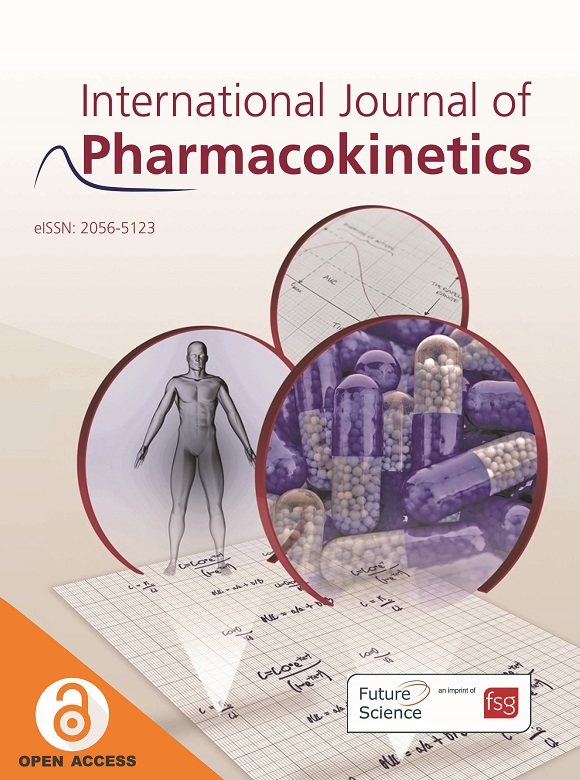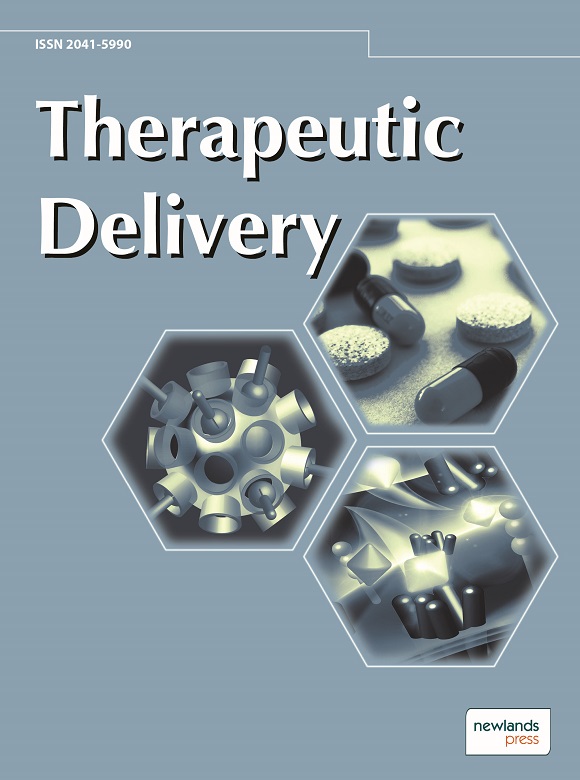Isolated peritoneal carcinomatosis in prostate cancer: from a successful hormonal management to a review of the literature
Abstract
Metastases from prostate cancer involve mainly the bone compartment. However, visceral metastases are found in up to 49% of metastatic patients, occurring mainly in late stages of the disease, and are correlated with poor outcome. Peritoneal carcinomatosis is rarely described in literature, particularly when not associated with other distant metastatic lesions. We present the management of a patient with prostate cancer progressing on androgen deprivation therapy with description of omental involvement on 68Ga PSMA-PET. There was no ascite or other distant lesion, reflecting thus a specific tropism of the cancer in this patient who had no history of prostate surgery. Abiraterone acetate resulted in a long-lasting complete response. We also present a review focusing on this entity.
Lay abstract
We report an atypical presentation of metastases from prostate cancer in a patient previously treated with radiotherapy and androgen deprivation therapy. Resurgence occurred as peritoneal carcinomatosis that was diagnosed at an early stage with 68Ga PSMA-PET. Abiraterone acetate resulted in long-lasting complete response in this patient. This case highlights the role of modern imaging in detecting early stages of complicating metastases, and to our knowledge is the first time a successful long-term response with abiraterone acetate has been observed in this entity.
Papers of special note have been highlighted as: •• of considerable interest
References
- 1. . Cancer statistics. CA Cancer J. Clin. 67, 7–30 (2017).
- 2. . Visceral metastases and prostate cancer treatment: ‘die hard,’ ‘tough neighborhoods,’ or ‘evil humors’? Oncology 28(11), 974–980 (2014).
- 3. Metastatic patterns of prostate cancer: an autopsy study of 1,589 patients. Hum. Pathol. 31(5), 578–583 (2000).
- 4. Visceral disease in castration-resistant prostate cancer. Eur. Urol. 65, 270–273 (2014).
- 5. An unusual presentation of a patient with advanced prostate cancer, massive ascites and peritoneal metastasis: case report and literature review. J. Adv. Res. 6(3), 517–521 (2015).
- 6. . Dermatomyositis and malignant effusions: rare manifestations of carcinoma of the prostate. J. Urol. 100(2), 183–187 (1968).
- 7. Revisiting prostate cancer recurrence with PSMA PET: atlas of typical and atypical patterns of spread. Radiographics 39(1), 186–212 (2019).
- 8. Current imaging techniques for and imaging spectrum of prostate cancer recurrence and metastasis: a pictorial review. Radiographics 40(3), 709–726 (2020).
- 9. . A rare case of omentum invasive prostate cancer: staging with PSMA PET/CT imaging and response to systemic therapy. Clin. Nucl. Med. 42(6), e311–e312 (2017).
- 10. . Prostate cancer metastatic to the peritoneum in a peritoneal dialysis patient. Preit. Dial. Int. 32(5), 570–572 (2012).
- 11. . Omental metastasis with malignant ascites: an unusual manifestation of prostatic adenocarcinoma. Can. Urol. Assoc. J. 1(3), 288–290 (2012).
- 12. Prostate cancer with metastasis to the omentum and massive ascites: a rare manifestation of a common disease. Onkologie 32(12), 758–761 (2009).
- 13. . Solitäre peritonealkarzinose eines prostatakarzinoms. Aktuelle Urol. 38(5), 408–409 (2007).
- 14. . Ascites as an unusual presentation of carcinoma of the prostate. J. Urol. 110(2), 232–234 (1973).
- 15. . Malignant ascites as only manifestation of metastatic prostate cancer. Prostate Cancer Prostatic Dis. 2(5–6), 290–293 (1999).
- 16. . Prostate cancer metastatic to the omentum. Scand. J. Urol. Nephrol. 36(3), 225–227 (2002).
- 17. . Hormone refractory carcinoma prostate with peritoneal metastases and malignant ascites without skeletal involvement: a case report and review of literature. Indian J. Urol. 26(2), 282 (2010).
- 18. . Malignant ascites with omental metastasis: a rare event in prostate cancer. J. Cancer Metastasis Treat. 1, 34–35 (2015).
- 19. . Castrate-resistant prostate cancer with peritoneal metastases treated with docetaxel-based chemotherapy. Urol. Int. 93(1), 49–54 (2013).
- 20. . Locally advanced prostate cancer with peritoneal carcinomatosis causing large bowel obstruction. ANZ J. Surg. 90(9), 1814–1816 (2020).
- 21. . FDG PET/CT in peritoneal metastasis from prostate cancer. Clin. Nucl. Med. 41(9), e424–e425 (2016).
- 22. . Hemorrhagic ascites: an unusual manifestation of prostate carcinoma. Am. J. Med. 111(3), 245–246 (2001).
- 23. . Recurrent prostate carcinoma presenting as omental large cell carcinoma with neuroendocrine differentiation and resulting in bowel obstruction. Arch. Pathol. Lab. Med. 124(7), 1074–1076 (2000).
- 24. . Prostate cancer metastatic to the peritoneum: a road less traveled by a common malignancy. Cureus Mar. 11(3), e4222 (2019).
- 25. . Peritoneal dissemination of prostate cancer with the absence of lymph node, skeletal, or visceral metastases in a patient scheduled to undergo robot-assisted radical prostatectomy. J. Robot. Surg. 7(2), 201–204 (2012).
- 26. Prostate cancer nonascitic peritoneal carcinomatosis after robot-assisted laparoscopic radical prostatectomy: 3 case reports and review of the literature. Urology 137, 121–125 (2020).
- 27. . Tumor seeding after robot-assisted radical prostatectomy: literature review and experience from a single institution. J. Urol. 203(6), 1141–1146 (2019). •• Interesting case series reporting probable association between surgery and carcinomatosis.
- 28. Peritoneal dissemination of prostate cancer due to laparoscopic radical prostatectomy: a case report. J. Med. Case Rep. 5, 355 (2011).
- 29. Ascite en rapport avec une extension métastatique d’un cancer de prostate: une localisation inhabituelle. Gastroentérol. Clin. Biol. 28(1), 92–94 (2004).
- 30. . Isolated peritoneal carcinomatosis from metastatic castration-resistant prostate cancer and associated biliary obstruction: a case report. Urol. Case Rep. 21, 10–11 (2018).
- 31. . Isolated non-ascitic peritoneal carcinomatosis from metastatic prostate cancer. Urol. Case Rep. 10, 14–15 (2017).
- 32. . Two unique cases of peritoneal carcinomatosis following robotic assisted radical prostatectomy. J. Urol. Surg. 6(2), 152–155 (2019).
- 33. . Port site and peritoneal metastases after robot-assisted radical prostatectomy. Int. J. Surg. Case Rep. 5(3), 131–134 (2014).
- 34. . Peritoneal carcinomatosis and prostatic cancer: a rare manifestation of the disease with an impact on management. JBR-BTR 96(3), 178 (2013).











